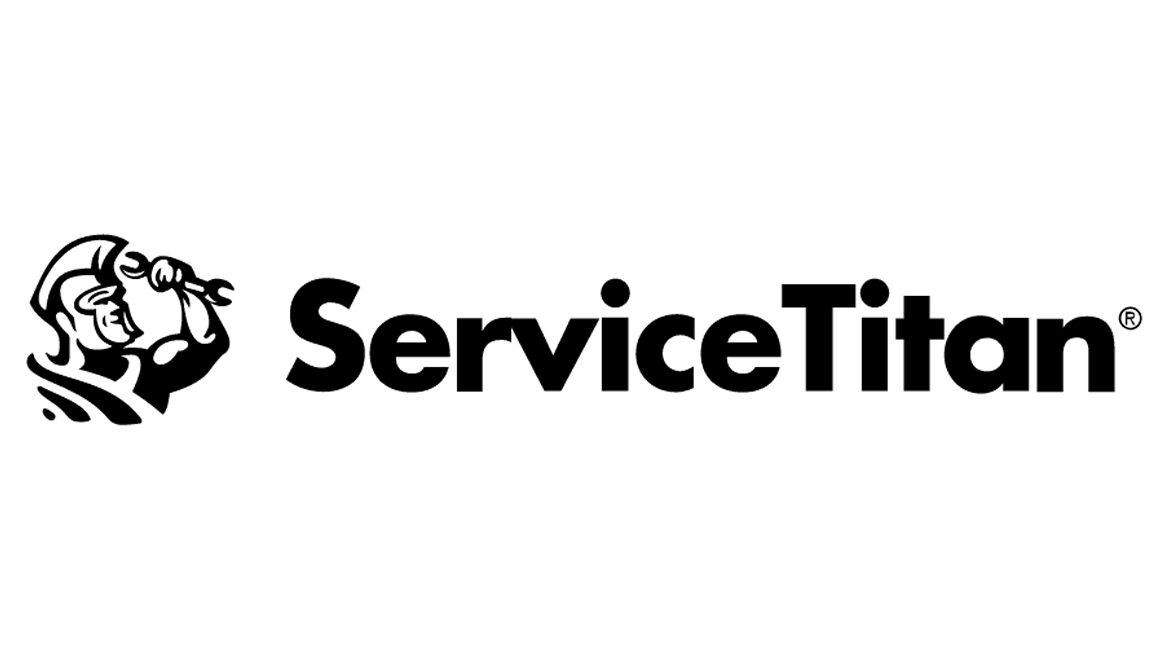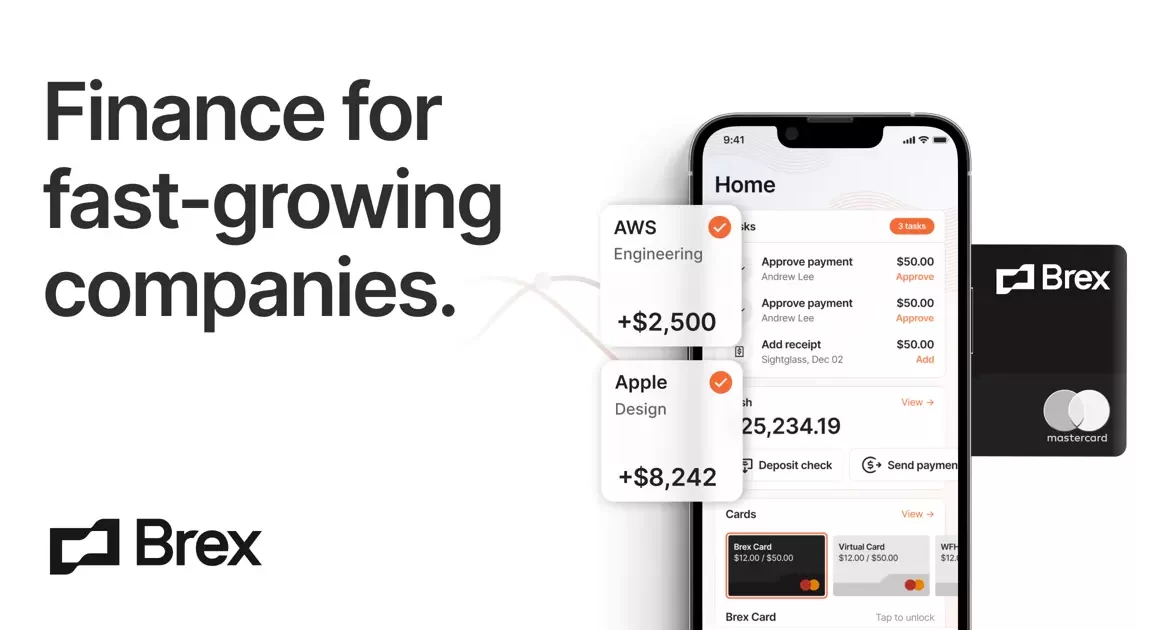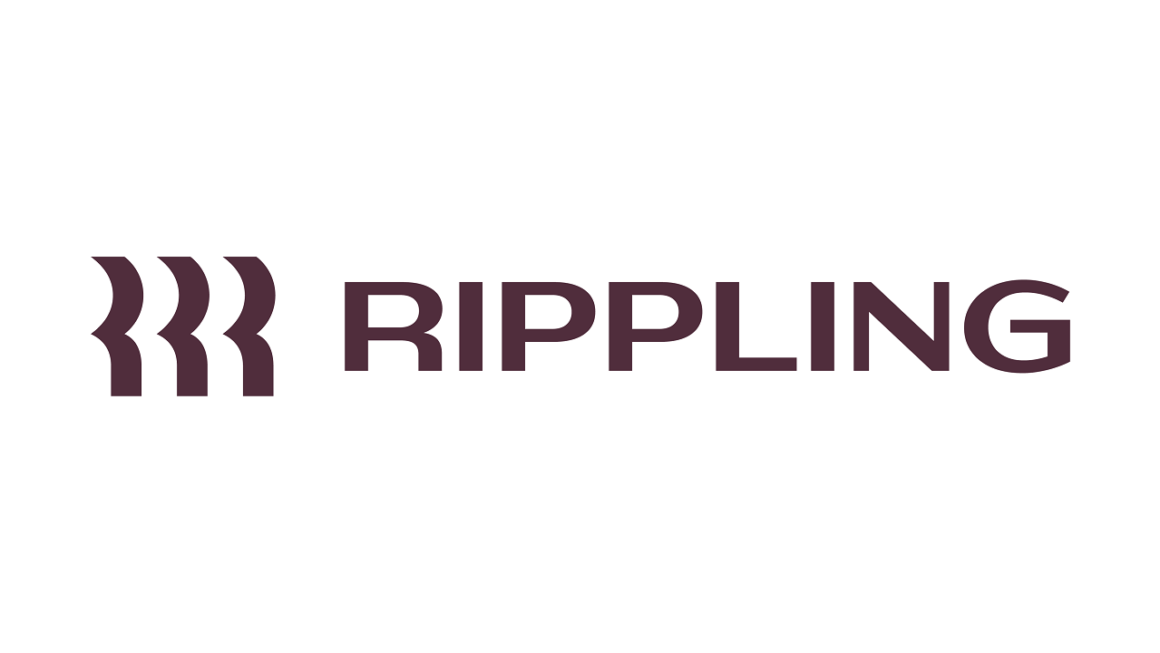ServiceTitan is a cloud-based software platform designed for service-based businesses such as HVAC, plumbing, electrical, and other similar industries. It is used by service contractors to manage and streamline their daily operations, including dispatching technicians, scheduling jobs, tracking inventory, and invoicing customers.
ServiceTitan offers a range of features such as real-time dispatching, mobile access, custom reporting, and integrated payments. The platform provides visibility into field operations and allows business owners to manage their entire operation from a single dashboard. ServiceTitan also offers customer relationship management tools, such as job history and customer communication tools, to help businesses build and maintain relationships with their customers.
ServiceTitan was founded in 2012 by Ara Mahdessian and Vahe Kuzoyan and is based in Glendale, California. It has grown rapidly since its inception and has raised significant venture capital funding to fuel its growth. The company’s mission is to help service businesses operate more efficiently and effectively, and it has quickly become one of the leading software solutions in the service industry.
Founding History of ServiceTitan
ServiceTitan was founded in 2012 by two childhood friends, Ara Mahdessian and Vahe Kuzoyan, who both grew up in Southern California. Prior to founding ServiceTitan, they had worked together on several software projects for various businesses.

The idea for ServiceTitan came about when Mahdessian and Kuzoyan were working with a local HVAC contractor to develop software to manage their business operations. They realized that there was a significant need for an all-in-one solution for service-based businesses to manage their daily operations, and thus ServiceTitan was born.
Initially, Mahdessian and Kuzoyan self-funded the development of the platform and worked on it from their homes. They started with a small team of developers and began building the software from the ground up. Their goal was to create a platform that would streamline all aspects of a service-based business, from scheduling and dispatching to invoicing and customer relationship management.
In 2014, ServiceTitan secured $2 million in seed funding from investors including Bessemer Venture Partners, followed by a Series A round of $6 million in 2015. This allowed the company to expand its team and invest in further development of the platform.
In 2016, ServiceTitan raised a $18 million Series B funding round led by Bessemer Venture Partners, and later that year, it was named the “Best Vertical SaaS Solution” at the SaaS Awards. The company continued to grow and expand its customer base, and in 2018, it raised a $62 million Series C funding round led by Battery Ventures.
Since then, ServiceTitan has continued to grow rapidly, expanding its team and adding new features to its platform. In 2021, the company raised $500 million in a Series E funding round, valuing the company at $8.3 billion. The funds will be used to further develop the platform, expand internationally, and invest in new products and services.
Today, ServiceTitan is used by thousands of service-based businesses across the United States and Canada, and it has become one of the leading software solutions in the industry. Its mission remains the same as when it was founded: to help service businesses operate more efficiently and effectively, and to make their lives easier.
How does ServiceTitan makes money? – Business Model of ServiceTitan
ServiceTitan makes money by charging its customers a subscription fee for access to its software platform. The platform is cloud-based and is designed specifically for service-based businesses, including HVAC, plumbing, electrical, and other industries. The subscription fee varies based on the number of users and the size of the business, and it includes access to all of the features and functionality of the platform.
Some of the key ways that ServiceTitan generates revenue include:
Subscription Fees: ServiceTitan charges a monthly or annual subscription fee to its customers for access to its cloud-based software platform. The subscription fee is based on the number of users and the size of the business. This fee includes access to all of the features and functionality of the platform, such as dispatching, scheduling, invoicing, and customer relationship management tools. The subscription fee is typically billed on a recurring basis, either monthly or annually.
Payment Processing Fees: ServiceTitan also offers integrated payment processing services to its customers. This allows businesses to easily accept credit card payments from their customers through the platform. ServiceTitan charges a transaction fee for each payment processed through its platform, which is typically a percentage of the total transaction amount. The transaction fee may vary based on the payment processor used.
Add-On Services: In addition to its core platform, ServiceTitan offers a range of add-on services to its customers for an additional fee. These services include marketing automation tools, call tracking, and business intelligence dashboards. These add-on services are designed to help businesses improve their operations and grow their customer base. The pricing for these services varies based on the specific service and the size of the business.
Professional Services: ServiceTitan also offers professional services to its customers, including implementation, training, and support services. These services are designed to help businesses get up and running on the platform quickly and effectively. The pricing for these services varies based on the specific service and the size of the business.
Partnerships: ServiceTitan has also established partnerships with other companies in the service industry, such as payment processors and marketing providers. These partnerships allow ServiceTitan to offer additional services to its customers and generate additional revenue through referral fees or revenue sharing agreements.
Overall, ServiceTitan’s revenue model is based on providing a comprehensive software platform and a range of services that help service-based businesses improve their operations, streamline their workflows, and grow their business. By charging a subscription fee for access to its platform, along with transaction fees, add-on services, and professional services, ServiceTitan is able to generate a steady stream of revenue while providing value to its customers.
Growth and Revenue of ServiceTitan
ServiceTitan has experienced significant revenue growth since its founding in 2012. The company has raised several rounds of funding and has continued to invest in product development, marketing, and customer acquisition. Here is a breakdown of ServiceTitan’s revenue and growth over the years:
2013-2014: ServiceTitan was founded in 2012, but its first product was not launched until 2013. In its early years, the company had a small customer base and generated relatively modest revenue. However, the company’s founders were able to secure seed funding from investors, which allowed them to continue building out their platform and acquiring new customers.
2015-2016: In 2015, ServiceTitan raised a $18 million Series A funding round led by Bessemer Venture Partners, at a post-money valuation of roughly $100 million.. The company continued to grow rapidly, with revenue increasing by more than 700% from 2015 to 2016. During this time, ServiceTitan also expanded its team and opened a new office in Atlanta.
2017-2018: ServiceTitan raised a $80 million Series B funding round in 2017, led by ICONIQ Capita. The company continued to invest in product development and marketing, and revenue grew by more than 300% from 2017 to 2018. During this time, ServiceTitan also acquired a competitor, JaRay Software, to expand its customer base and product offerings.
2019-2020: In 2018, ServiceTitan raised a $165 Million in Series D Funding Round Led by Index Ventures. The company continued to expand rapidly, with revenue growing by more than 150% from 2019 to 2020. During this time, ServiceTitan also launched new products and services, such as financing options for customers and advanced reporting and analytics tools.
2021-2022: ServiceTitan went public in June 2021, with its shares debuting on the NASDAQ stock exchange under the ticker symbol “TITAN.” The initial public offering (IPO) raised $1.1 billion, valuing the company at more than $8 billion. As of early 2022, ServiceTitan’s revenue continued to grow at a rapid pace, driven by increasing adoption of its platform and new product launches. The company also announced a partnership with Google in 2022, which will allow businesses to easily book appointments through Google Search and Maps.
Overall, ServiceTitan’s revenue growth has been driven by its focus on providing a comprehensive software platform and a range of services that help service-based businesses improve their operations, streamline their workflows, and grow their business. By continuously investing in product development, marketing, and customer acquisition, ServiceTitan has been able to establish itself as a leader in the service industry and generate significant revenue for its shareholders.
Also Read: Talkdesk – Success Story, Founders, Business Model, Growth, Funding, Competitors & More
Competitors of ServiceTitan
Although ServiceTitan is a top-tier provider in the field, there are several competitors that offer similar features and functionalities. In this answer, I will provide an overview of some of the top competitors of ServiceTitan.
Housecall Pro: Housecall Pro is a cloud-based field service management software designed for home service businesses. It provides a range of features such as scheduling and dispatching, estimates and invoicing, and customer management. Housecall Pro is known for its ease of use, intuitive interface, and affordability. The software also offers a mobile app that allows technicians to access customer information, job details, and other important data on the go.
Jobber: Jobber is another popular field service management software that caters to businesses of all sizes. The software offers features such as scheduling and dispatching, client management, invoicing, and online payment processing. Jobber is known for its customizable workflows, real-time notifications, and user-friendly interface. The software also integrates with popular payment gateways, accounting software, and marketing tools.
FieldEdge : FieldEdge is a field service management software that caters to businesses in the HVAC, plumbing, and electrical industries. The software offers features such as job scheduling, dispatching, billing, and reporting. FieldEdge is known for its advanced reporting capabilities, customizable forms, and seamless integration with QuickBooks. The software also offers a mobile app that allows technicians to access job information, customer details, and other important data in real-time.
ServiceM8 : ServiceM8 is a cloud-based field service management software designed for small to medium-sized businesses. The software offers features such as job scheduling, dispatching, invoicing, and client management. ServiceM8 is known for its user-friendly interface, powerful integrations, and extensive documentation. The software also offers a mobile app that allows technicians to manage their jobs, track their time, and communicate with customers on the go.
RazorSync : RazorSync is a field service management software that caters to businesses in the HVAC, plumbing, and electrical industries. The software offers features such as scheduling, dispatching, invoicing, and reporting. RazorSync is known for its customizable workflows, real-time notifications, and robust reporting capabilities. The software also offers a mobile app that allows technicians to access job information, customer details, and other important data on the go.
In conclusion, these are some of the top competitors of ServiceTitan in the field service management software market. Each of these competitors offers unique features and functionalities that cater to the specific needs of home service businesses. Ultimately, the choice of software will depend on factors such as business size, industry, budget, and specific requirements.
Future of ServiceTitan
ServiceTitan is a leading field service management software that has experienced rapid growth in recent years. As the market for field service management software continues to expand, ServiceTitan is poised to play a significant role in shaping the future of the industry. In this answer, I will provide an overview of some of the potential developments that could shape the future of ServiceTitan.
Continued Growth: ServiceTitan has experienced significant growth in recent years and is expected to continue this trend in the future. The company has raised over $1.1 billion in funding and has expanded its offerings to include features such as marketing automation, call center integration, and inventory management. As ServiceTitan continues to expand its offerings and enter new markets, it is likely to see continued growth in the years to come.
Artificial Intelligence and Machine Learning: ServiceTitan has already begun to incorporate artificial intelligence (AI) and machine learning (ML) into its software. For example, the software uses AI and ML to make predictive recommendations to technicians on which parts to bring to a job site. As AI and ML technologies continue to evolve, ServiceTitan is likely to incorporate more advanced capabilities into its software, such as predictive maintenance and predictive scheduling.
IoT Integration: The Internet of Things (IoT) refers to the network of physical devices, vehicles, home appliances, and other items embedded with sensors, software, and connectivity. As IoT devices become more prevalent in the home service industry, ServiceTitan is likely to incorporate IoT integration into its software. For example, the software could be integrated with smart home devices to allow technicians to remotely monitor and diagnose problems with HVAC systems, plumbing, and other home appliances.
Augmented Reality: Augmented Reality (AR) is a technology that overlays digital information onto the physical world. As AR technologies become more sophisticated, ServiceTitan is likely to incorporate AR into its software. For example, technicians could use AR to visualize the layout of a customer’s home and identify potential issues with their HVAC system or plumbing.
Increased Focus on Customer Experience: In recent years, there has been an increased focus on customer experience across all industries. ServiceTitan is likely to continue to focus on improving the customer experience by incorporating features such as real-time notifications, customer feedback, and appointment scheduling through text messaging or mobile apps.
In conclusion, the future of ServiceTitan is likely to be shaped by continued growth, the incorporation of AI and ML technologies, IoT integration, AR, and an increased focus on customer experience. As the field service management software market continues to expand, ServiceTitan is well-positioned to continue to play a significant role in shaping the future of the industry.
To read more content like this, subscribe to our newsletter



